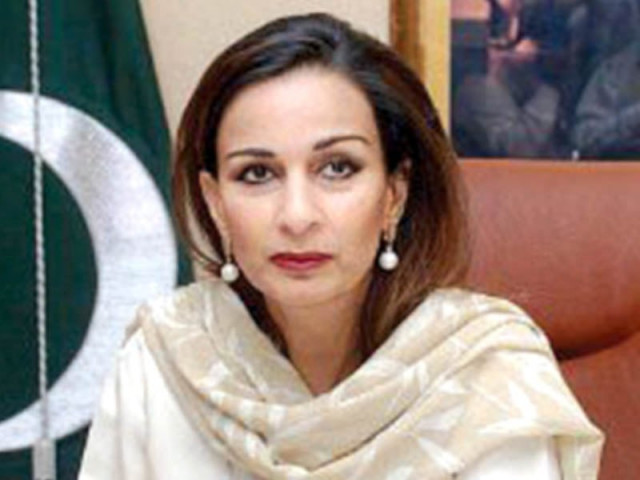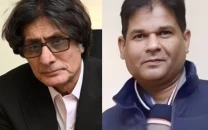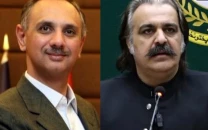Pakistan cannot make crucial decisions based on one phone call: Sherry Rehman
Pakistan Ambassador to US says too much has been expected of Pakistan.

In her opening remarks, Ambassador Rehman said, "Pakistan has no shortage of commitment on the effort against extremism, militancy or terrorism today." Saying it was impossible to open all fronts at one time given the current conflict in Afghanistan, and dubbed it a capacity issue and a sequencing challenge, the Ambassador added, "We often feel we are fighting this long battle with one hand tied behind our backs."
Rehman's speech focused primarily on the conditions in Pakistan, and the subject of US-Pakistan relations. "The tragedy at Mohmand really served as an end-line trigger that called for a fundamental re-set." Rehman said it was shocking for Pakistan to see the "flag-draped bodies of 24 soldiers martyred in the line of active duty on the international border with Afghanistan, at the hands of our allies." She continued her complaint that Pakistan did not receive an immediate apology.
Humiliated, and with no apology from an ally, Pakistan’s streets erupted in protests, and left "a strong mark on the Pakistani psyche, spurring a re-think of the modalities of how we had been working together,” Rehman said.
Dubbing 2011 as a "long line of bilateral catastrophes," she added that for Pakistanis, "the notion of territorial sovereignty dominates public space today in important ways, simply because the symbol of its subversion is so repeatedly and unfortunately associated with the United State’s growing footprint in Pakistan."
Addressing the issue of Pakistan-US relations, the Ambassador said that she felt a reset of the relationship was needed for various reasons. "Some of these were structural, while some of the famous “trust deficit” gaps were informed by a profound cognitive, and even institutional, disconnect. Many of the gaps can be mitigated, if we step back, give pause and re-construct,” she said.
However, the former MNA believed that the US was simply expecting too much of Pakistan. “But on the strategic end, this relationship has been burdened with too many expectations, and invested with an inordinately high wattage of emotion. Given the state of strategic flux our region faces at a time of unprecedented challenges, and the responsibilities such transitions bring with it, this is too important and too sensitive a relationship to carry this volume and scale of unregulated hyperbole."
She highlighted how al Qaeda's core assets had been defeated and destroyed with Pakistan’s cooperation and said that many in the US administration have also "echoed this view."
Rehman added that many in Pakistan and the US believe it is time "that this relationship matured into a more consistent, stable and transparent equation, with weight given to mutual respect, but once again that would be the subject best reserved right now for our parliament to decide."
She said that she had no intention of portraying a victim narrative. However, she said that the Embassy of Pakistan would be issuing a weekly scorecard of the losses suffered by Pakistan in the war.
Reiterating that Pakistan supports an Afghan-led, Afghan owned reconciliation process, the Pakistani diplomat said, "We do not consider Afghanistan our strategic backyard, as many claim we do, but we do have the highest stakes in Afghan stability since we simply cannot afford the blowback from either a civil war there again, nor any other kind of surge into Pakistan, with its long, porous border."
In response to a question, she said that there needs to be a review of the impact that US assistance makes in Pakistan. The ambassador also stressed on the US to open up trade with Pakistan, and cited the example of the European Union who had recently opened up trade with Pakistan.


















COMMENTS
Comments are moderated and generally will be posted if they are on-topic and not abusive.
For more information, please see our Comments FAQ